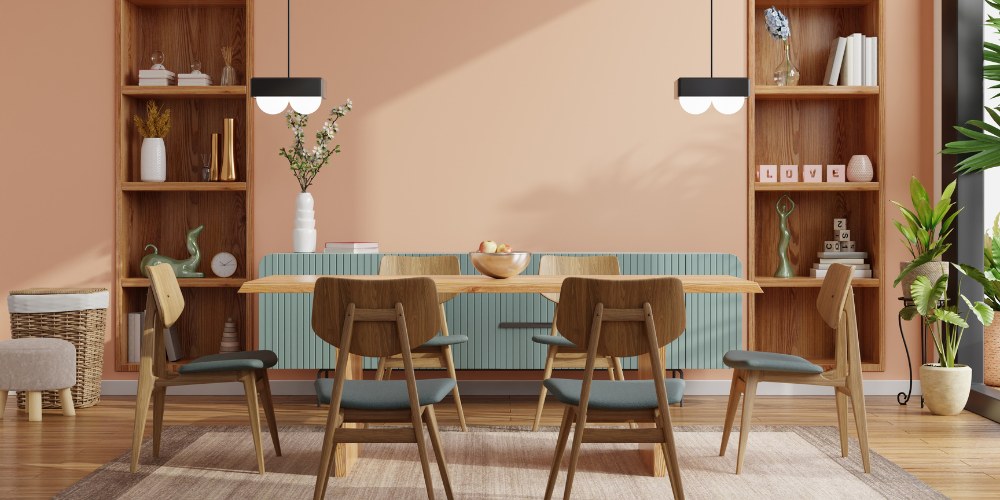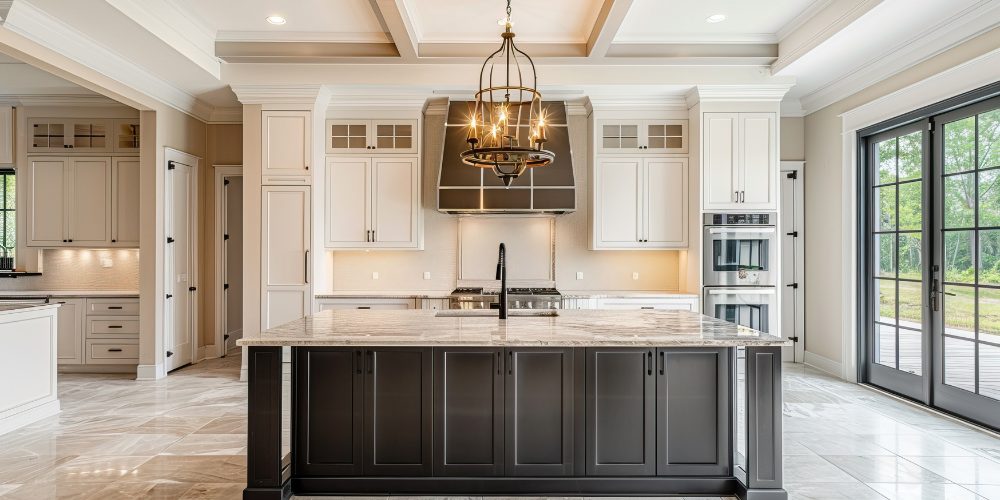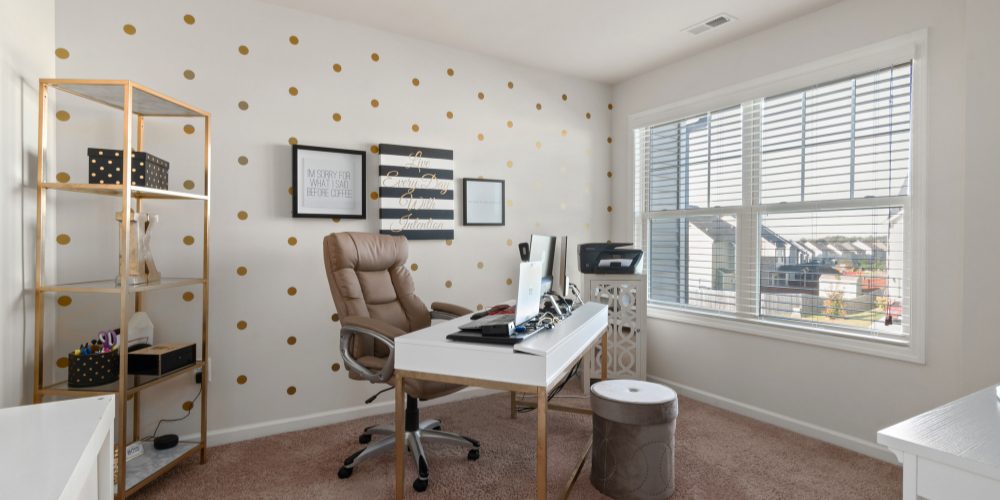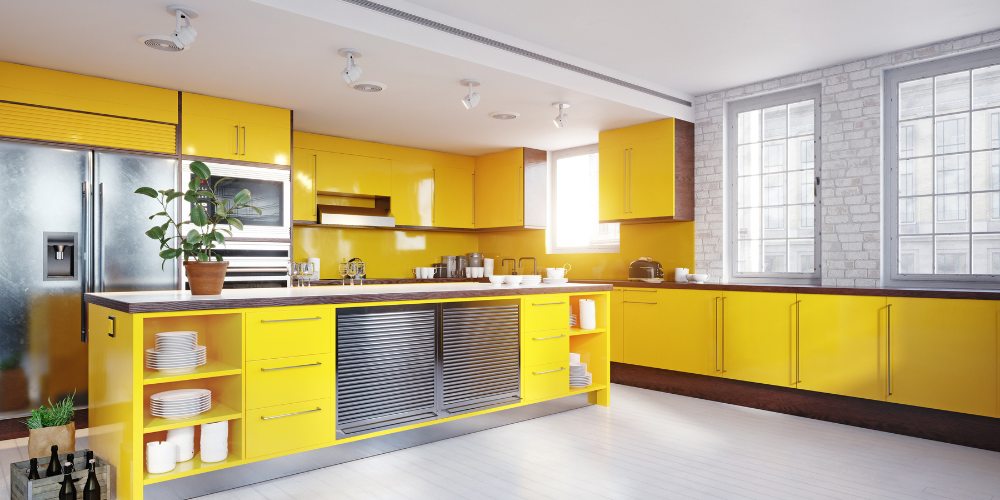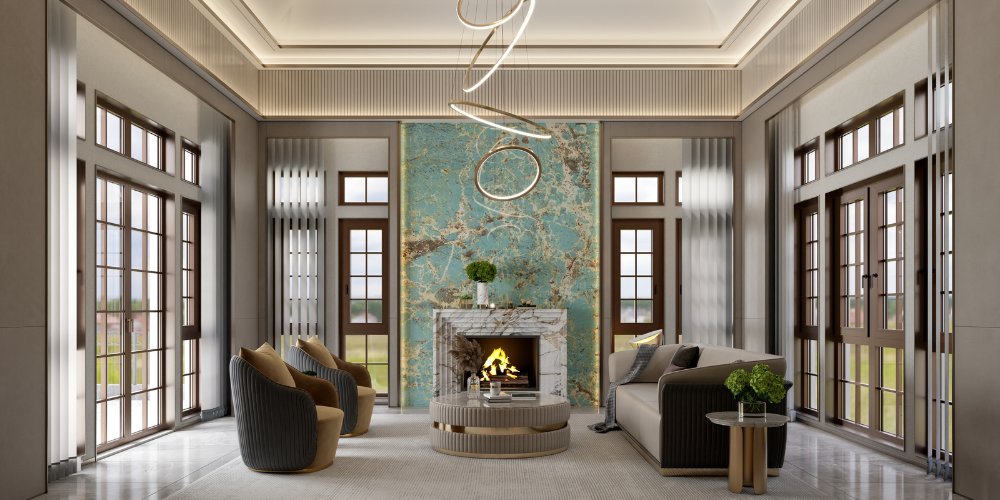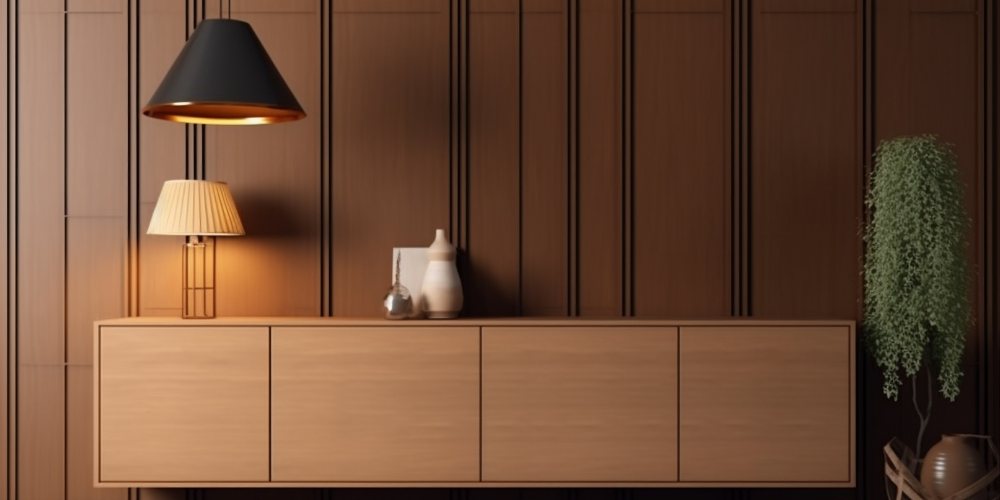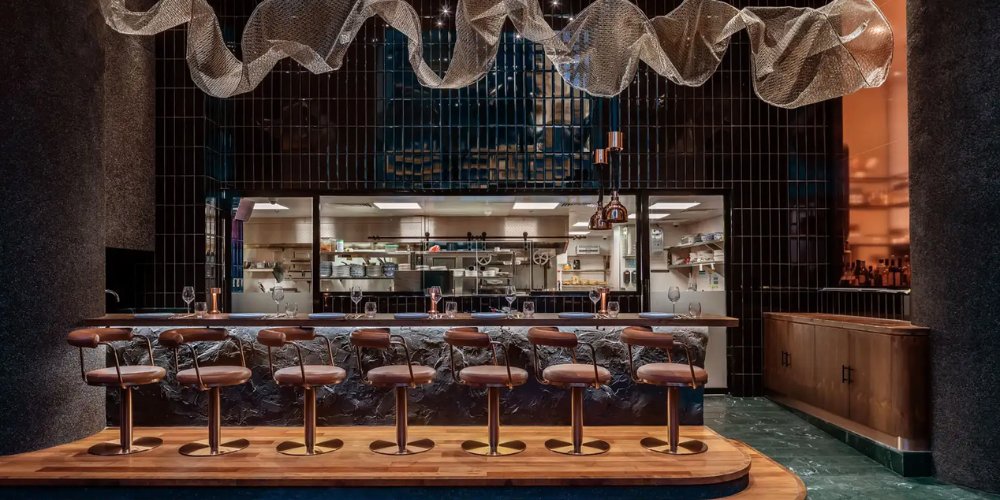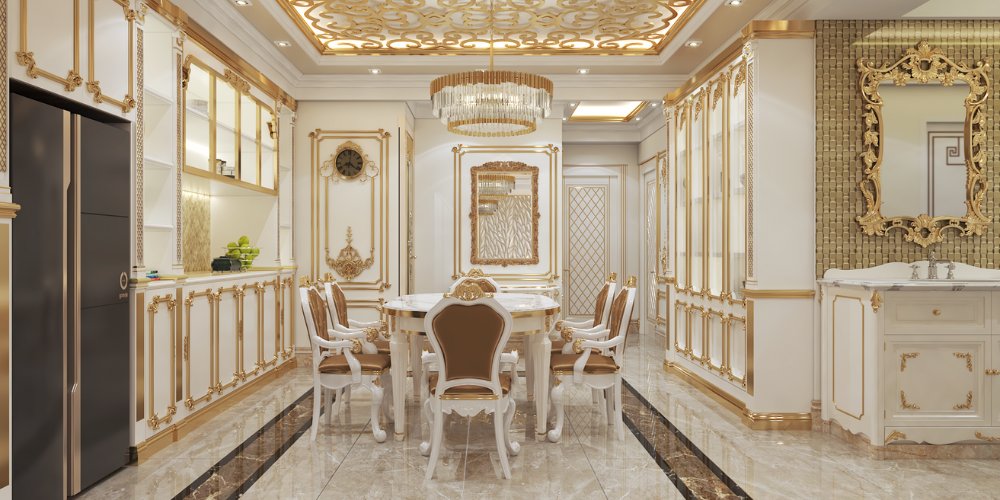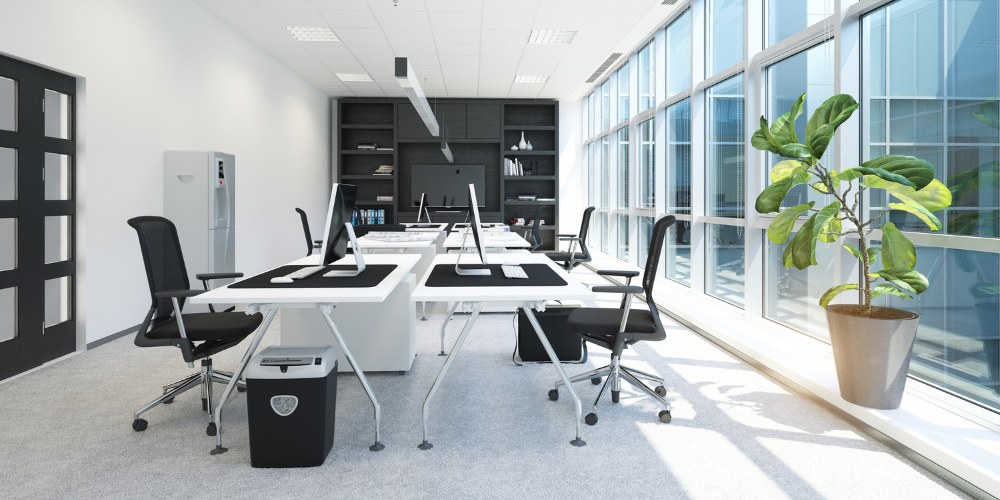Read this blog post and negotiate with your designer as an informed person.
Maybe you want to revamp your modular kitchen. Or maybe you are looking to create an entirely new home interior altogether.
This is when you look for an interior designer in Bangladesh to do your design task.
Now, searching for an interior designer, interviewing them, going through consultations and so on are difficult for laypersons like you, and also time consuming.
Further, there are some aspects of the interior design process – from what responsibilities the designer has to what rights you have as a client – that the designer may not want you to know.
However, as a responsible interior designer in Bangladesh, we do not want to hide anything from you, and take undue advantage of you.
Which is why we are revealing what your interior designer may not be telling you.
It is our JOB to fix problems

It is for good reason that I mention this as the FIRST thing that your interior designer won’t tell you.
Fixing problems can be difficult, can take up time, and can test your patience as a client.
So some designers may want to pass on the responsibility to others.
However, problem solving is part of the interior design process.
Which means that next time you are dealing with a sofa that is too large to fit through entryways or paint that doesn’t look like what you had thought of, you know that the designer cannot pass the responsibility to someone else.
Design and lifestyle magazine photos are staged
By all means, take inspiration from design and lifestyle magazine photos, but don’t expect your own design to be an exact match to them.
This is something your designer should make clear to you from the very beginning if you bring up magazine and journal photos during consultations.
Those photos are staged, with a lot of work going into lighting and camerawork…which are not needed and not possible in your actual home/office.
Interior design does NOT have to be expensive

We have met a lot of clients who feel that good interior design = spending big. Or that hiring an interior designer always means you will have to stretch your initial budget.
NEITHER of those are true.
Yes, you do have to be practical, and understand that material and labour costs are market-driven…
And that we designers will charge a design fee for providing you with our service as designers.
BUT
Any good designer will be able to help you make the most out of your budget. It is our job to try and give you options within your budget.
As we also mention in our blog post on things your interior designer wants you to know, being upfront about your budget expectations, and about limits on how much you can spend on the project, are the best ways to keep costs from spiralling out of control.
Insight: You see, the quality of the design reflects on our quality as a designer. So, we will always prioritise quality over price. This is why it is vital for you to give us a clear idea of your budget expectations right at the very beginning.
Pro tip: Making smart choices is a key way to keep project costs down.
For example you should always prioritise fixed furniture (like a cabinet) over moving furniture (like coffee tables) during the design process.
You can always add moving furniture later on for only the cost of purchase but if you want to add a wardrobe it will involve design consultation, making and installation costs.
Pro tip: One good way to free up your budget, if you’re going for remodelling and/or renovation, is to shop your own home and avoid costly new purchases.
The designer and the client must have a connection
There is a creative aspect to interior design and you must be able to freely discuss ideas with your designer.
Personalities and styles need to match, otherwise you won’t be able to work together productively.
You should find whether you and your designer share wavelengths during the initial design consultation itself – it’s partly why the consultation is such an important part of the interior design project timeline.
If you feel the designer can’t understand what you’re looking for, or that the designer is being pushy with their own preferences, you clearly lack a connection with the designer.
And you should not proceed with them regardless of credentials and/or experience they have.
Tip: One sign of a professional designer is whether they make their interior design portfolio easily available for you to go over.
Clear communication with the designer is very important

The designer must know what exactly you want. The designer cannot be expected to read your mind and understand your preferences if you don’t communicate those clearly to him or her.
Without clear communication with the designer, you could either have to live with an interior design product that you aren’t satisfied with.
Or you will have to go for changes and rework which means delays and higher costs.
The size of the team matters
A full-scope interior design project needs various kinds of experts associated with it. The interior design team should have design software experts, materials experts, architecture experts and so on.
If most of the people necessary are already on the team, the designer won’t have to hire outside experts to consult on specific design aspects, lowering project costs.
We CAN only consult on a project
Many people are only looking for some expert ideas and consultations. Many people may not need to hire a designer full-time for their project – a consultation should do for them.
We are open to only consulting you on your project and advising you on how you should proceed.
We can give you ideas, sample designs and even suggest contractors who can carry on with the work.
Tip: If it’s a consultation you’re looking for, be upfront about it from the beginning so the designer knows what to expect before scheduling meetings and devoting time to you.
Want to see whether you need only consultations or a full-time designer? Get in touch and we’ll help you out!
We have contacts in the industry
Like with every other service sector, we interior designers interact with people in the industry through work, conferences and on social media.
And through networking we develop a number of contacts and connections in the industry.
Will we prefer those contacts to other service providers and/or vendors on our projects?
Yes of course!
We will use our connections to get you quality services and materials at good prices. We will also use those to get you the right kind of contractors needed to do your design.
Whether we are doing furniture design for a home (small-scale, residential project) or an entire office design (large-scale, commercial project), we will use our contacts to get you the best design that we can – whether it’s in terms of the best prices and/or the right expertise!
Pro tip: If you have requested for specific products in your design, like a spiral staircase (or even a particular kind of spiral staircase), ask your designer who they know that can do such a job.
Some designers use those connections to get kickbacks
Most of us designers are honest and will use our connections to get the best deals for you, in terms of materials pricing and labour costs from various suppliers and subcontractors.
HOWEVER
There are some unscrupulous designers that will negotiate good deals with their preferred vendors, but charge you market rates, pocketing the difference.
Do your best to avoid that, for example by checking market prices for yourself so you know whether you’re being offered good deals or not.
You can object to our design ideas and approaches if you don’t like them

Just like you, your designer is a person with design preferences of their own. And that can show up in design mockups and ideas we create for you.
This is why it’s very important for you to know that you should object to our approaches if you don’t like them. Don’t go along with whatever your designer is suggesting.
At the end of the day it is YOUR space we are designing, and it is YOU who is paying us. So, you should make sure the end result is what YOU want.
For example, take a look at our kitchen design projects. All of them are different from each other, because of different client styles.
Insight: This also works the other way. Based on our experience, we may feel very strongly that your preferences are not the best one or that our ideas are better than what you’re suggesting.
However, if you feel very strongly that your preferences should be followed, make that clear to the designer – we will take it professionally and not be offended by it.
Indecision raises costs
If you change your mind mid-way through a design project, your designer is justified in asking for higher costs to accommodate your changes.
Now sometimes, you may be responding to genuine issues with the design when you change your mind.
However in many cases, this change of mind and request for changes is due to indecision from the very beginning of the project, right at the consultation stage, but you didn’t communicate that with the designer.
This kind of indecision should be avoided, otherwise it needlessly inflates your design cost.
8 things your interior designer isn’t telling you – a final word
Interior design is a collaborative and creative process that requires clear communication and mutual respect between the client and the designer.
It is your job to object to our proposals if you don’t like them and it is our job to convince you otherwise or follow your wishes.
You, as the client, have the final say on design preferences and budget. The designer must either work within those or tell you that they can’t do what you’re asking for.
At the same time, you should have realistic expectations and understand that some things may be beyond the designer’s control.
Finally, interior designers should have a team that can attend to all aspects of a full-scale interior design project and they should also have a network of contacts in the industry which they will use to get you the best work, the best advice and the best supplies.

